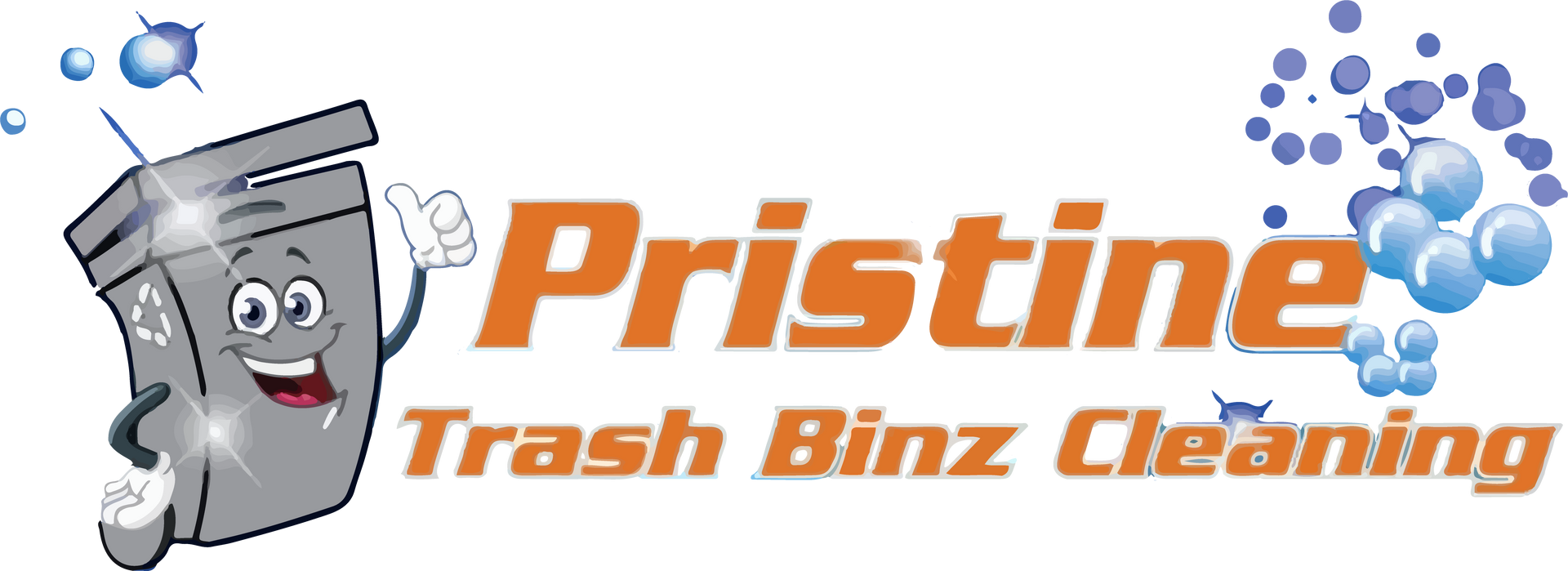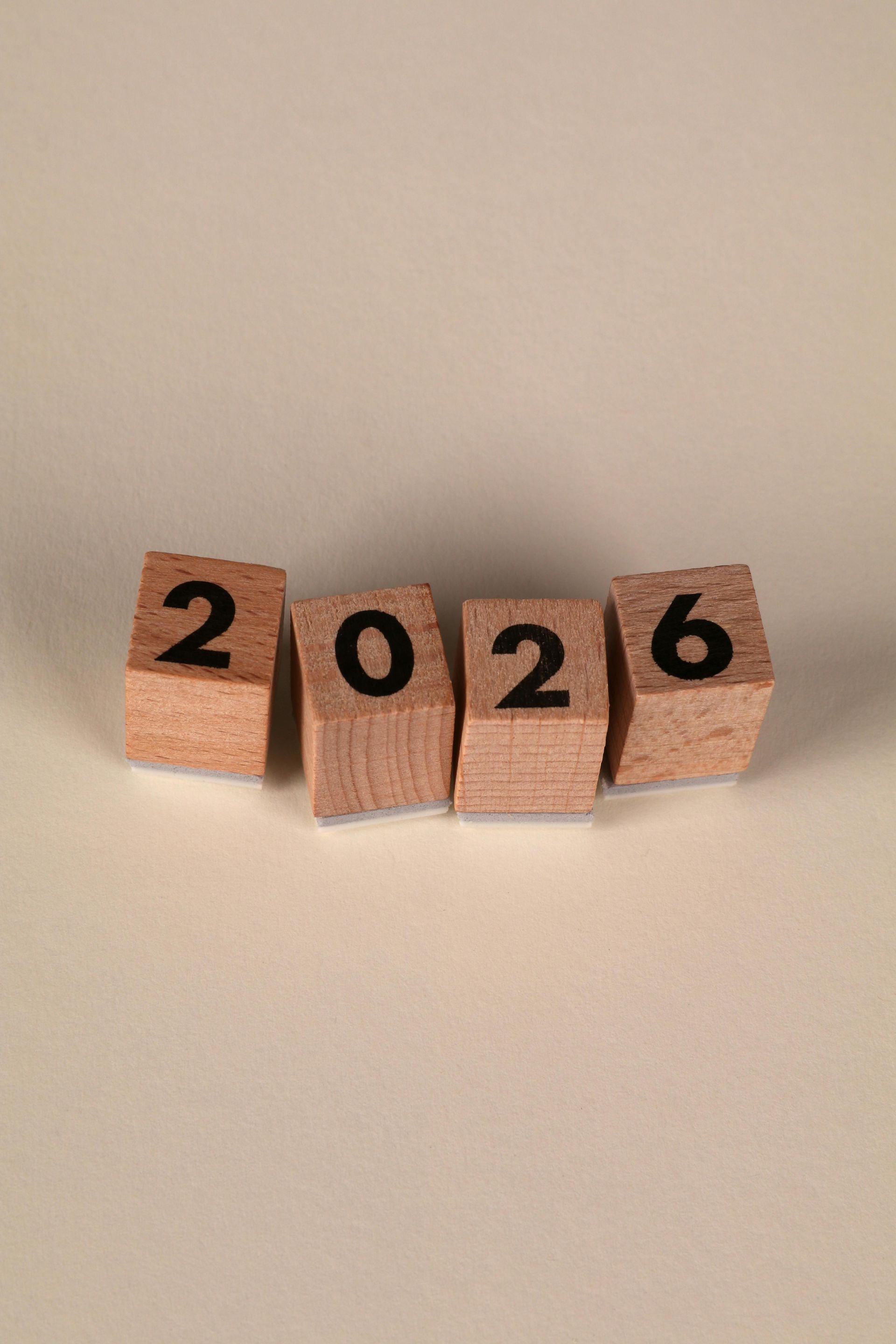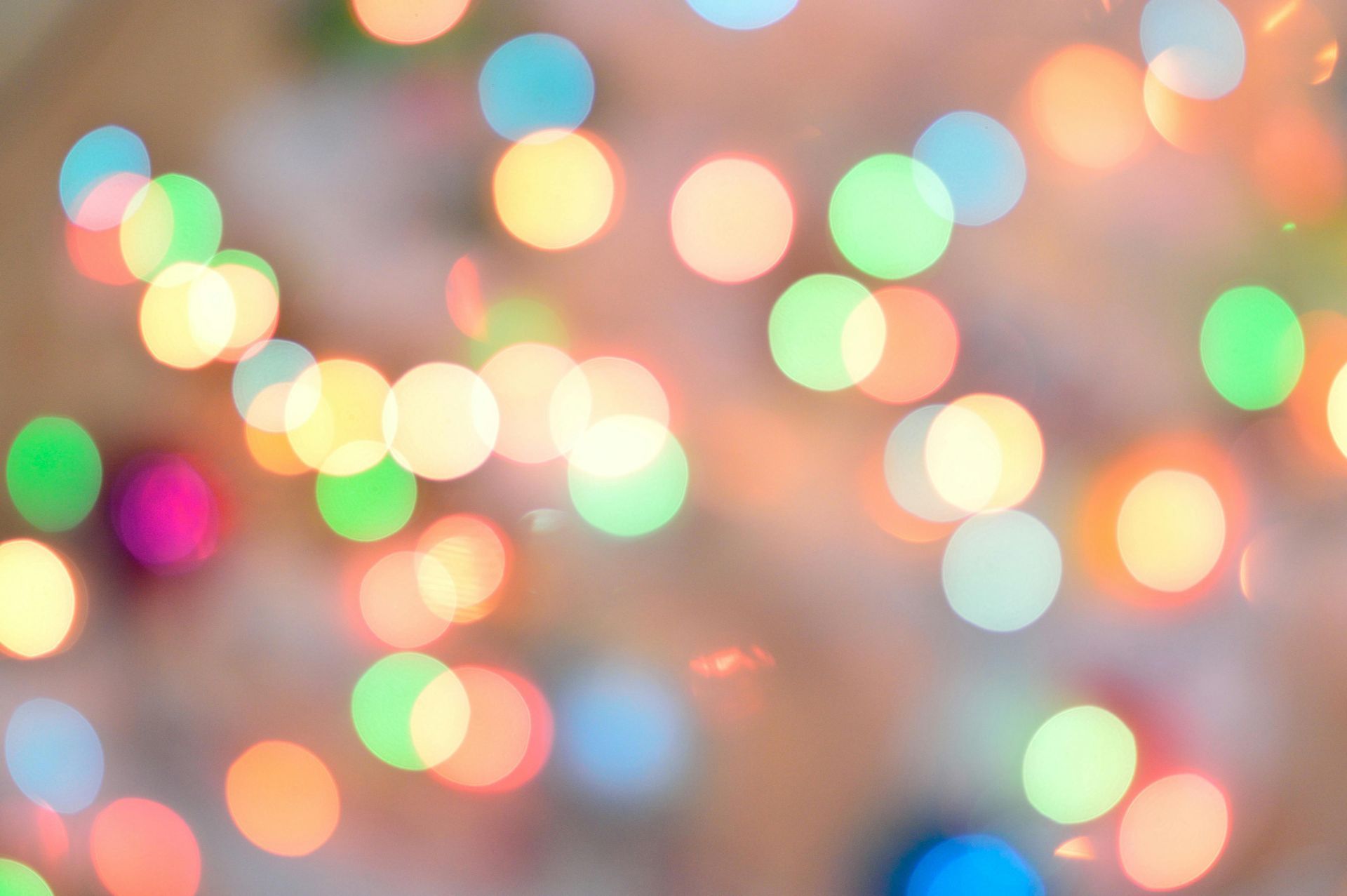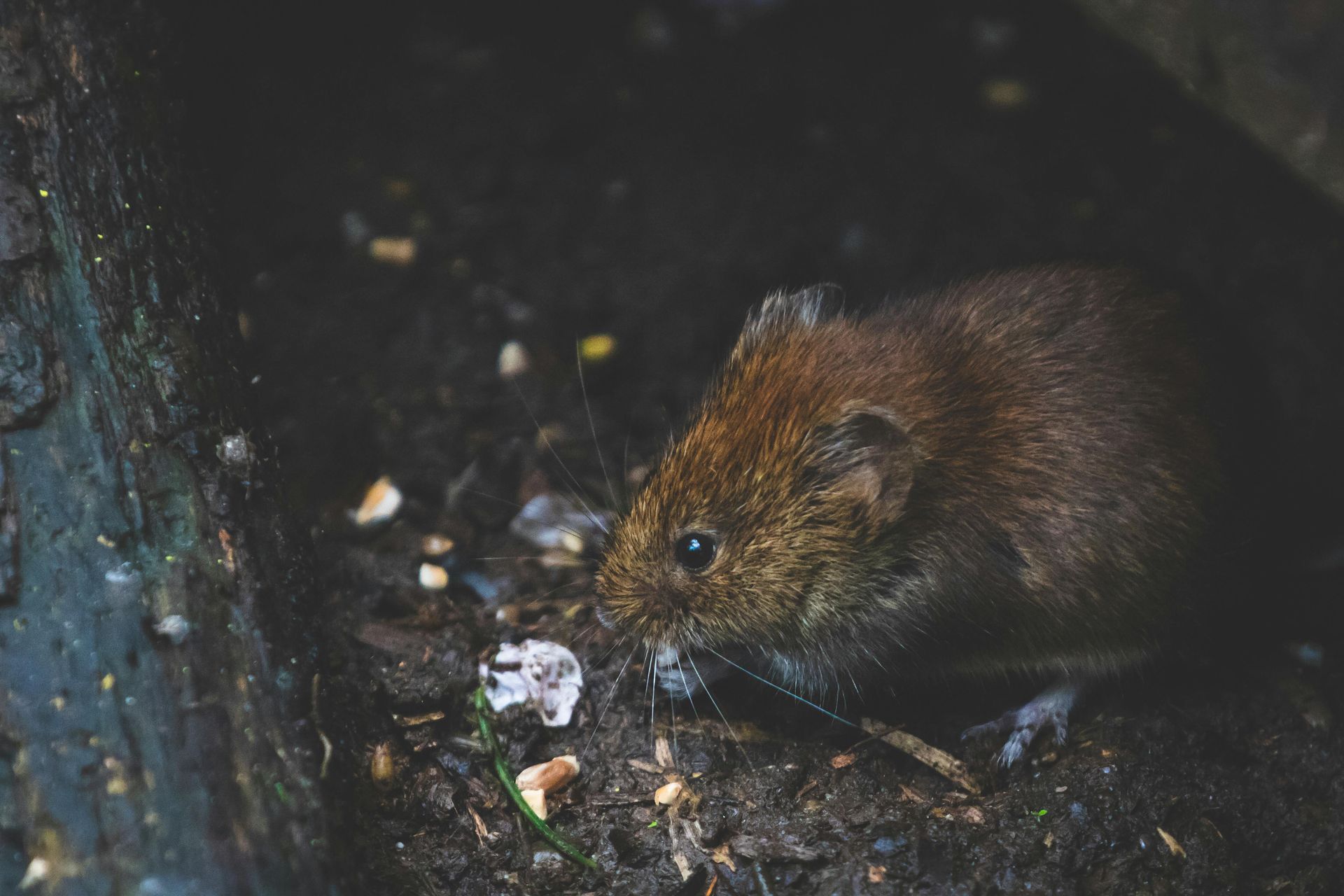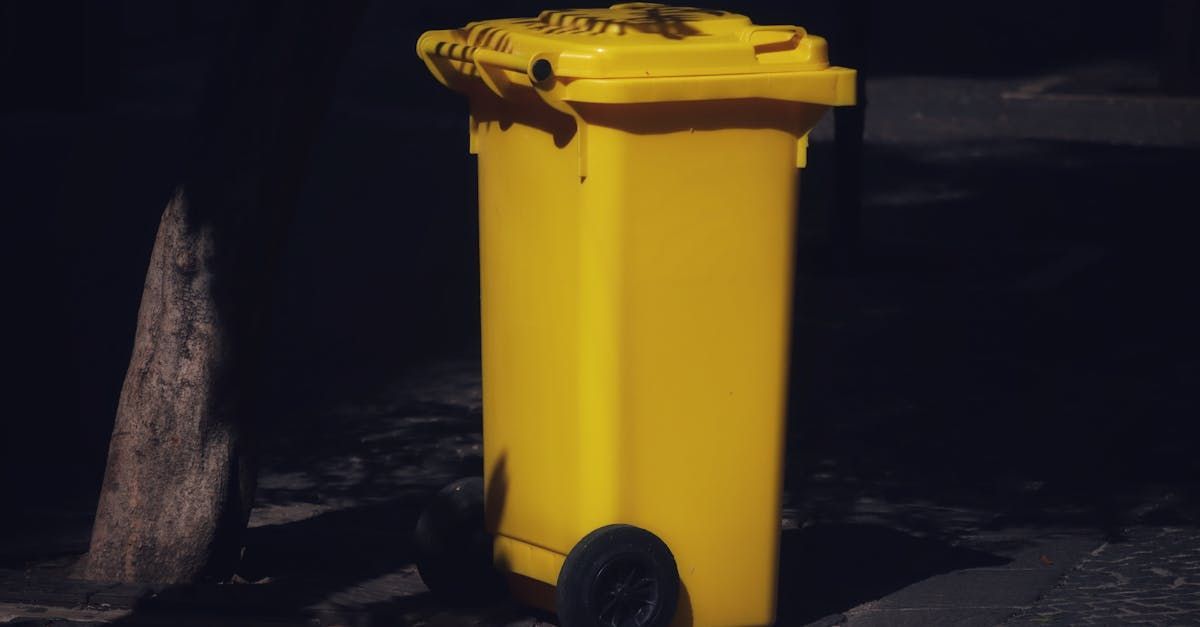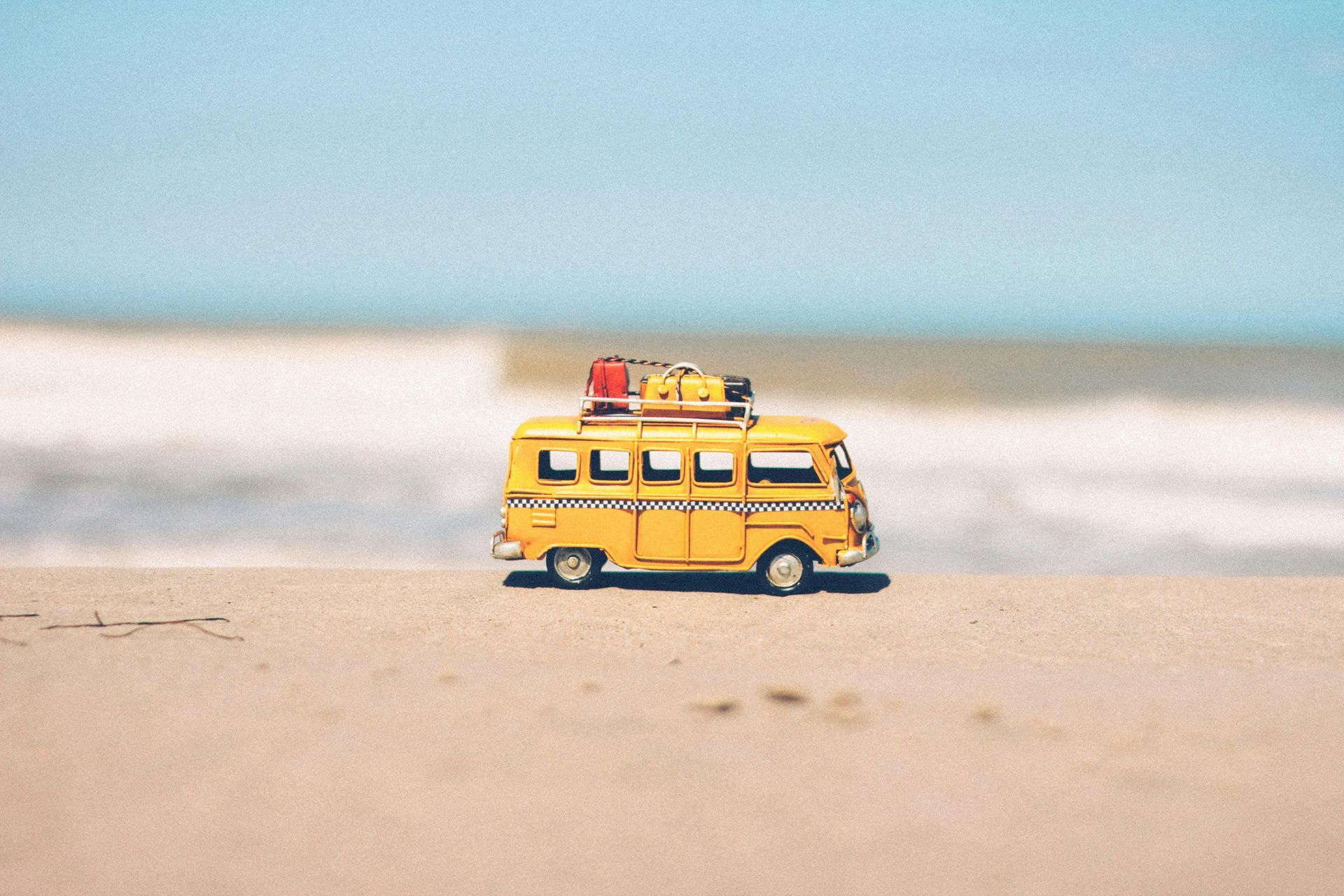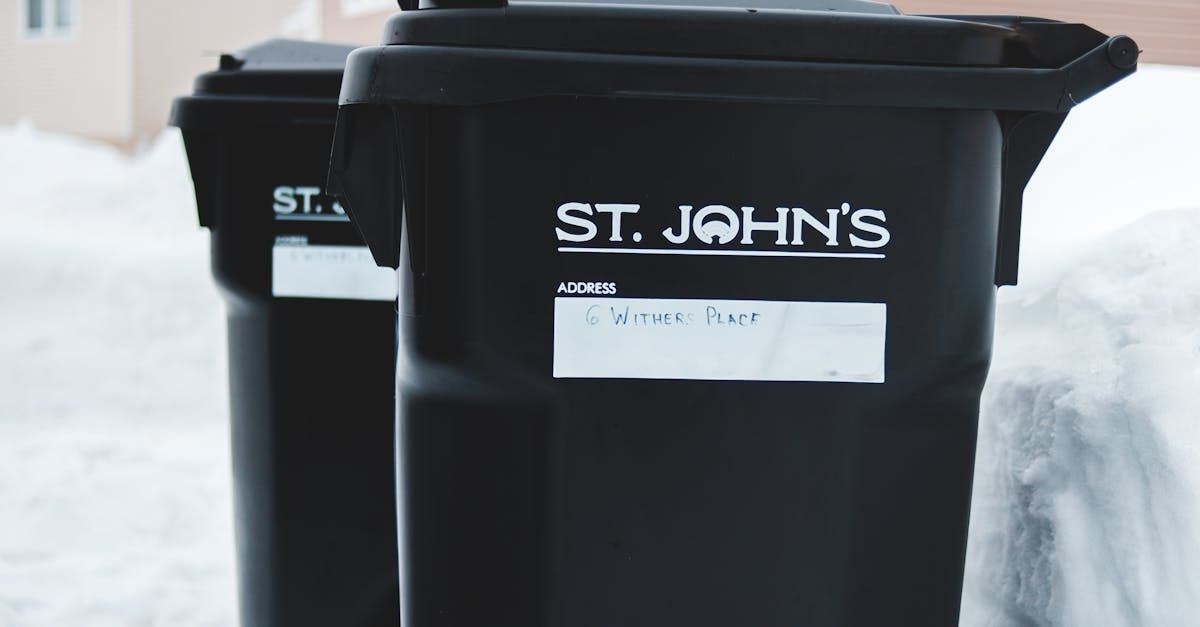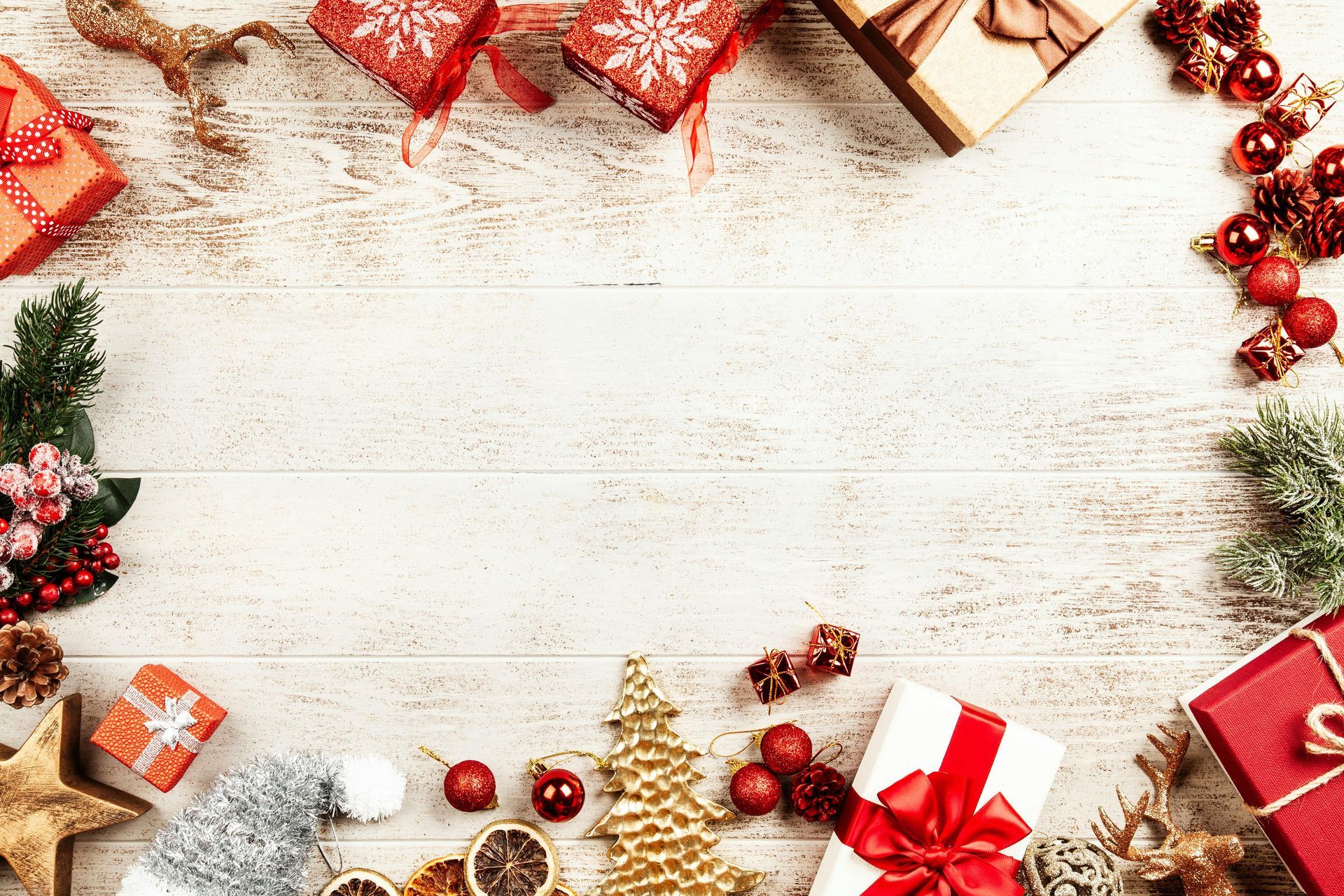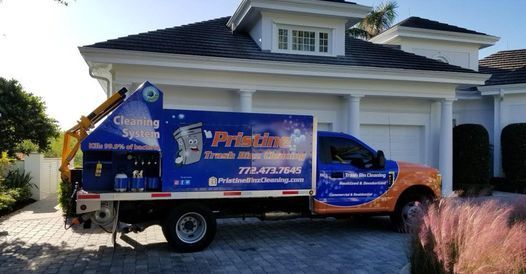The Hidden Health Hazards of Wishcycling: Why Clean Bins Make Clean Recycling
Introduction
At Pristine Trash Binz, we’re passionate about keeping your bins—and your home—pristine. Beyond regular cleaning, one often overlooked issue that can compromise both hygiene and environmental responsibility is wishcycling—the act of tossing non-recyclable items into recycling bins in hopes they’ll magically get recycled. It’s surprisingly common and has hidden consequences worth addressing.
What Is Wishcycling?
Wishcycling is essentially wishful thinking in waste disposal—placing items like contaminated containers, plastic bags, diapers, or broken toys into recycling bins under the assumption they'll be processed, when in fact they often aren't recyclable.
Why It's a Big Deal
- Contamination Risk: Non-recyclable items can spoil entire batches of recyclables, causing them to be sent to landfill despite being recyclable.
- Increased Sorting Costs: Recycling facilities face higher labor and processing costs when dealing with improper items.
- Environmental Harm: Contaminated loads reduce the efficiency and environmental impact of recycling programs.
- Health Hazards in Bins: Substances like food-soiled cardboard, grease, or diapers can leak, create odor, and promote bacteria or mold growth within bins—undermining the effectiveness of your cleaning service.
How Clean, Properly Used Bins Help
- Maintain Hygiene & Odor Control
Trash and recycle bins that are clean and free from leakage are less likely to harbor germs or odors—even when contaminated items accidentally end up inside. - Educate & Empower Customers
Use our bin-cleaning services as a chance to remind customers about proper recycling—e.g., rinsing containers, avoiding single-use plastics, and knowing local recycling rules. - Provide Practical Guides
Posting updated local recycling dos and don’ts after each cleaning visit can reinforce good habits and prevent contamination.
Actionable Tips for Homeowners
- When in Doubt, Toss It Out: It's better to throw non-recyclable items in the trash than risk contaminating the entire bin.
- Rinse Containers: Quick rinses not only reduce odors but also improve recyclability.
- Flatten Cardboard: Saves space and minimizes hold-up at recycling centers.
- Use Labeled Bins: Clear labeling helps family members or tenants sort correctly.
Why This Matters for SEO
- High-Intent Keywords: This topic taps into searchers looking for "what you shouldn’t put in recycling" or "wishcycling definition."
- Refreshingly Unique Angle: It stands out from typical cleaning or odor-control posts, positioning Pristine Trash Binz as a thought leader.
- Education + Service: Content that blends useful education with cleaning services tends to rank well and engage readers.
Conclusion
Wishcycling may seem harmless, but it’s a dirty secret that can undermine recycling programs, escalate costs, and compromise the cleanliness of bins. Pristine Trash Binz combines top-level bin sanitization with smart guidance—keeping your home healthier and recycling cleaner.
